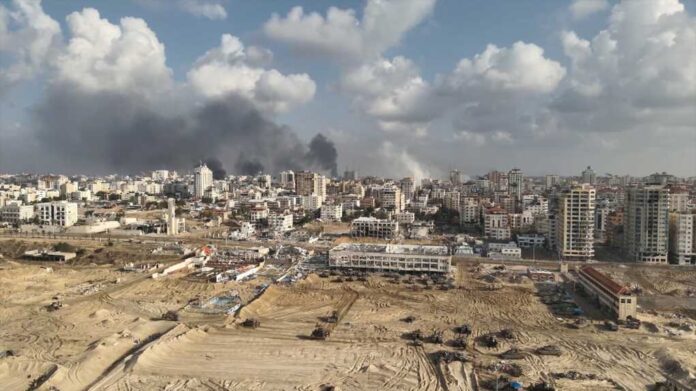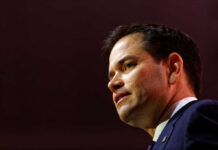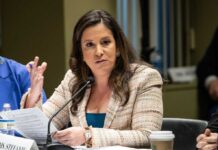ARAB LEADERS UNITE – $20M Pledged for Gaza

Arab leaders gathered in Baghdad, urgently calling for a ceasefire and humanitarian aid for Gaza amidst ongoing conflicts.
At a Glance
- Arab leaders urge financial institutions to fund Gaza’s reconstruction.
- Baghdad summit criticizes Israel’s actions and calls for aid access to Gaza.
- Iraq pledges $20 million to Gaza reconstruction.
- Summit rejects forced displacement and calls for ceasefire.
Solidarity and Urgent Appeals
The Arab League summit in Baghdad spotlighted the dire situation in Gaza, urging immediate international action. Leaders called forfinancial support from global institutions to fund the reconstruction of the war-torn area, stressing the urgency of delivering humanitarian aid without barriers. The meeting, attended by key figures like Iraq’s Prime Minister Mohammed Shia al-Sudani and UN Secretary-General Antonio Guterres, underscored a united front in addressing Gaza’s ongoing crisis.
Prime Minister al-Sudani condemned the atrocities in Gaza, labeling them as genocide. To aid reconstruction efforts, Iraq announced a $20 million contribution, emphasizing Iraq’s commitment to reversing Gaza’s devastation. The summit called for an end to violence not only in Gaza but also in the West Bank, reflecting an urgent need for peace and stability in the region. Leaders stressed that rebuilding efforts must ensure Gaza’s 2.4 million residents remain undisturbed in their homeland.
International Criticism and Calls for Action
The summit also witnessed influential international participation, with both UN and Spanish leaders criticizing the conditions in Gaza. UN Secretary-General Guterres argued for a permanent ceasefire, the release of hostages, and unobstructed aid flow to Gaza. Spanish Prime Minister Pedro Sanchez proposed that the International Criminal Court should examine whether Israel complies with aid delivery protocols. These interventions from global figures underscore the imperatives of international humanitarian principles.
“We need a permanent ceasefire now, the unconditional release of the hostages now, and the free flow of humanitarian aid ending the blockade now.” – United Nations chief Antonio Guterres.
While some members of the Arab League focused on Gaza, there were broader discussions addressing regional stability, including Syria’s situation post-Bashar al-Assad. The summit’s timing alongside US-Iran nuclear talks brought an additional layer of geopolitical complexity, highlighting the interconnectedness of Middle Eastern affairs. U.S. President Donald Trump’s Middle East tour, suggesting potential US involvement in Gaza, was a point of contention, further increasing the stakes and pressures faced by summit attendees.
Historic Gathering and Future Prospects
This gathering marked a historic occasion for Iraq, hosting the summit for the first time since 2012. It served as an opportunity to showcase Iraq’s stabilizing role on the regional stage and its capacity to bridge gaps within the Arab world. Beyond the immediate crises, the summit highlighted the collective resolve of Arab nations to push for long-term peace and economic stability, committing to initiatives that promise not only immediate relief but sustainable growth and cooperation.
“This genocide [in Gaza] has reached a level of ugliness unparalleled in all conflicts in history.” – Iraq’s Prime Minister Mohammed Shia al-Sudani.
The summit’s resolutions emphasized a roadmap for rebuilding and reconciliation, aiming to craft a future where violence and misunderstanding no longer overshadow the possibilities for a peaceful co-existence and development. For Gaza and its inhabitants, this gathering promised not just reconstruction, but a renewed hope for enduring stability and progress.








